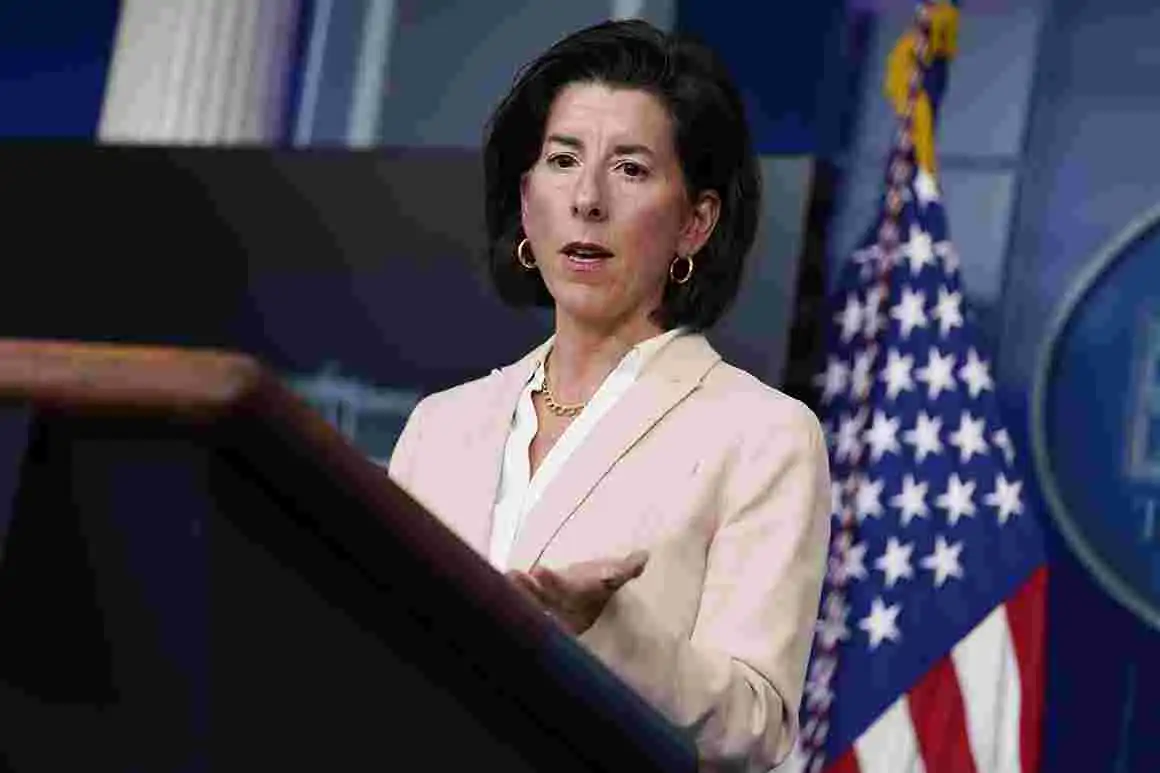
"We're evaluating all the options and we won't stand for a nation supporting or turning a blind eye to a criminal enterprise," she said. "And as the president has said, we're considering all of our options."
She added: "This week when the president meets with Putin and other world leaders, this will be at the top of the agenda."
In a ransomware attack, hackers seize control of a business or organization's computer system by exploiting weaknesses in the security system, then lock up the entire system until a "ransom" is paid. Raimondo said one way to stymie international hackers is to approve Biden's proposed infrastructure plan.
"Certain components of the American Jobs Plan provide for investments to shore up the nation's cyber infrastructure," she told Stephanopoulos.
Raimondo argued that the good news in all this was that businesses can make relatively simple changes to protect themselves against such attacks.
"Some very simple steps like two-factor authentication, having proper backups and backup technology, can be enormously helpful against a wide variety of these attacks. So it's clear that the private sector needs to be more vigilant, by the way, including small- and medium-sized companies," she said.
Energy Secretary Jennifer Granholm also cited the grave threat posed by ransomware attacks, saying "very malign actors" have the capability of shutting down major sections of the economy.
"This is why the private sector and the public sector have to work together," she said on CNN's "State of the Union." "And this is what the president is doing. He's working with our allies. He's working with countries around the world, because other countries, even Russia, they don't want to see their sectors attacked by malign actors, by rogue non-state actors, not to mention state actors."